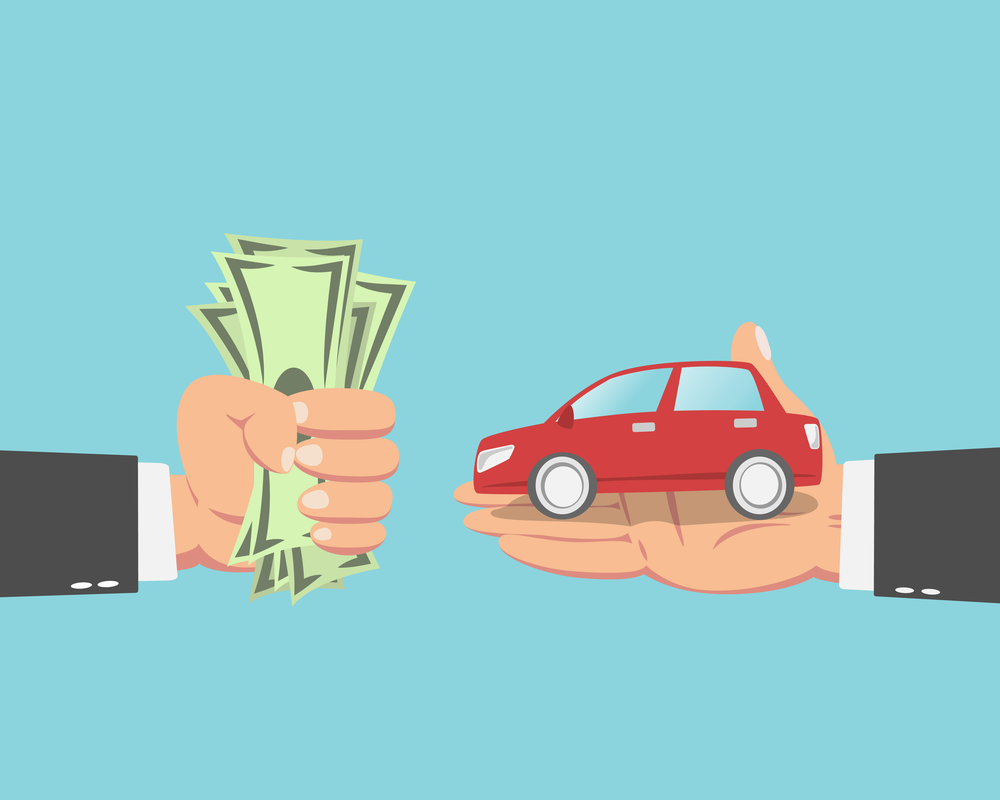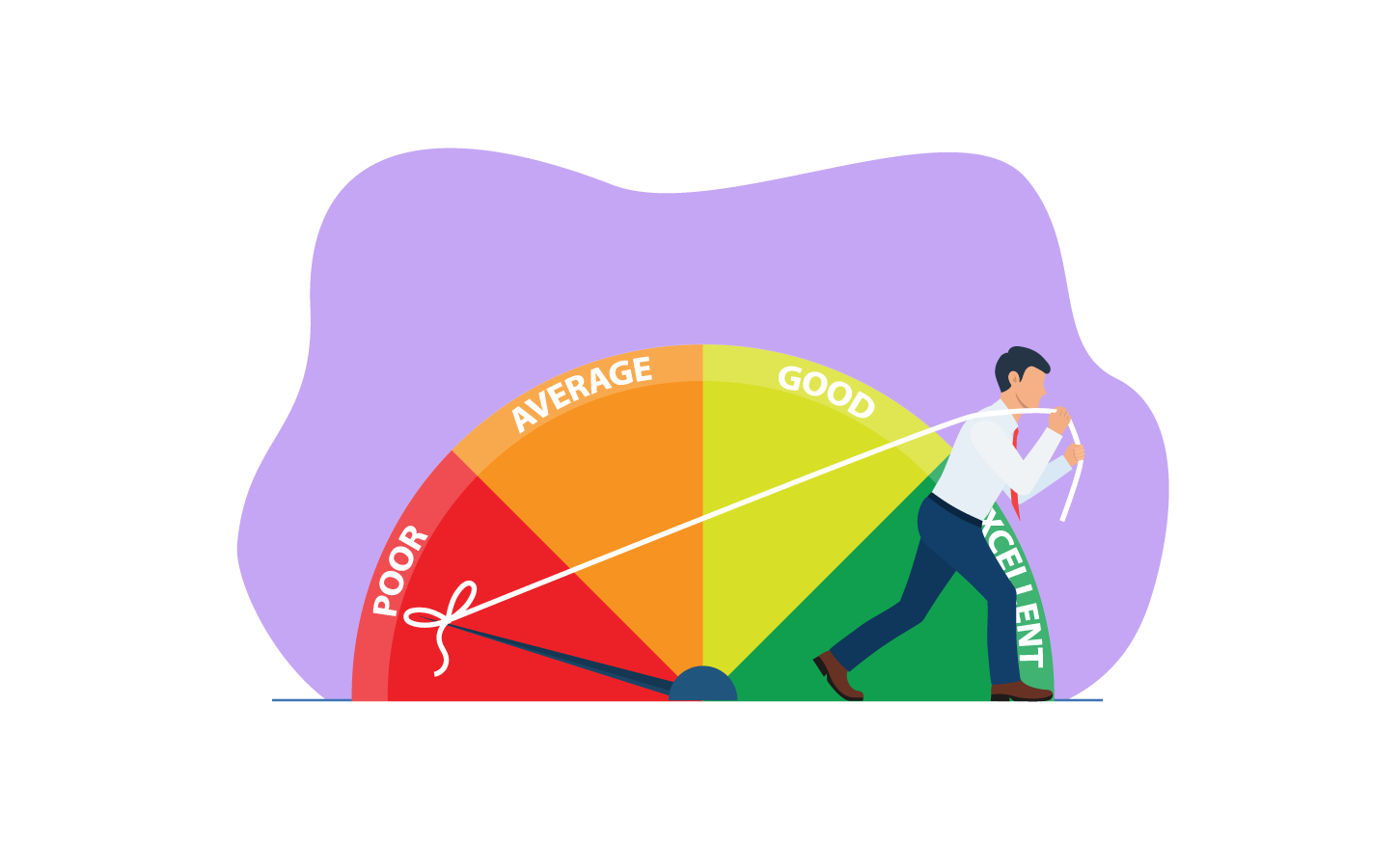We would all love to stroll down to the dealership and buy our dream car outright, but most of us simply don’t have that kind of money. Once you consider all other costs associated with owning the car you want – registration, insurance, road tax, petrol and maintenance – that price tag can make your eyes water.
Getting the keys in your hand requires a significant investment and you want to get it right the first time around. The good news is there is a range of loans available in Singapore that can make your dream a reality. But before you hop into the driver’s seat, there are things to consider to make sure you get an affordable deal and avoid seeing your vehicle repossessed as a cloud of debt grows over your head.
Personal loans vs car loans: How do they compare?
Individuals can consider two types of loans in Singapore to finance a new car: personal loan and car loan.
A personal loan is money lent for general purposes, whether it be to pay for a holiday, a wedding or even a car. These loans are usually unsecured (no collateral), and those with a good credit history will get access to better rates and greater loan amounts.
Just as any financial plan, there are pros and cons to a personal loan or car loan. Regardless, both can help you finance your dream car. It all boils down to what you think is important for you.
To make your decision easier, consider the following:
How much can you pay for the car from your pocket?
Cars are expensive in Singapore. A vehicle’s open market value (OMV) is only part of the sum you’ll pay to get it on the road: you also need to fork out for a Certificate of Entitlement (COE), excise duty, GST, additional registration fee and Preferential Additional Registration Fee (PARF) where applicable, all of which can add up to tens of thousands of dollars.
The Monetary Authority of Singapore even restricts the amount and repayment period of car loans based on the OMV of the vehicle:
| OMV of vehicle | Maximum car loan | Maximum repayment period |
| Less than or equal to $20,000 | 70% of OMV | 7 years |
| Greater than $20,000 | 60% of OMV | 7 years |
Under these restrictions, a car loan can’t cover the entire cost of the car including the OMW and other charges. This means you’ll need to pay at least 30% (if not more) of the total cost upfront.
The Total Debt Servicing Ratio also applies, preventing anyone from taking on new loans that would push their total monthly repayments to over 60% of their income. This means you may not be able to take out an additional personal loan to fund the remaining cost of the car.
If you only consider a personal loan, however, you can take out a larger sum to finance your car in ways you may not be able to with a car loan, provided you meet the requirements of the lender and maintain a good credit history.
How much interest can you afford during repayment?
You will always pay interest on loans, even those advertised as “interest-free”. When comparing the total interest you’ll pay, check whether it’s charged flat rate or reducing rate. Flat rate interest is based on the original loan value for the entirety of the repayment period, while reducing balance gradually lowers the interest rate as you reduce the debt. This means that depending on the length of the repayment period, flat rate interest that’s advertised as lower per annum than reducing rate may end up being more expensive.
Next, if you were to take out a car loan, you can enjoy a lower interest rate, compared to a personal loan. There are two key reasons for this. One, the more specific the loan, the cheaper it is. Two, car loans have a lower interest rate because it is a secured loan – you have pledged the car as the collateral. This also means it can be easier to qualify for a car loan, though you should stay wary of auto car dealers providing these on bad terms.
A caveat remains: your vehicle remains at risk of being repossessed if you do not complete your repayments. In other words, you won’t own your dream car until you have fully repaid your car loan.
A personal loan, on the other hand, is unsecured, so your lender won’t have ownership of your vehicle during the repayment period. However, there are other equally – if not more dire – consequences if you do not repay your personal loan, such as bad credit history, seizure of bank accounts and even legal proceedings initiated by your creditor. In the event you are unable to pay off the loan, you may have to sell your dream car to clear the debt.
Online comparisons: Find the best car and personal loans in Singapore
Considered your options and think a loan could work for you? Compare personal loans and car loans from licensed moneylenders and participating financial institutions in Singapore to find the best offer to finance your dream car.


















